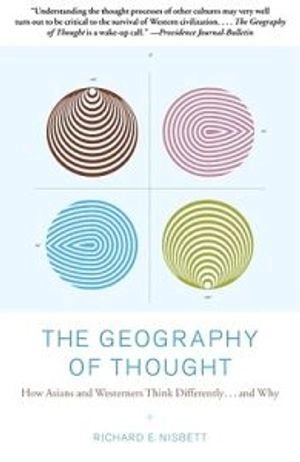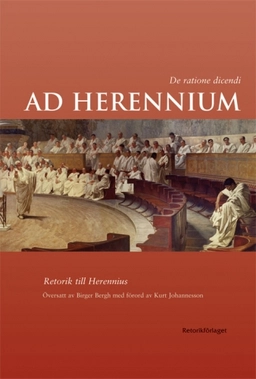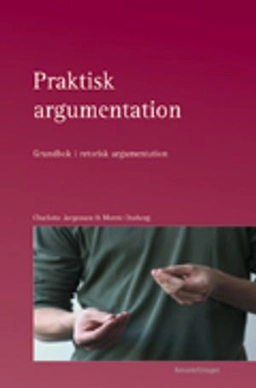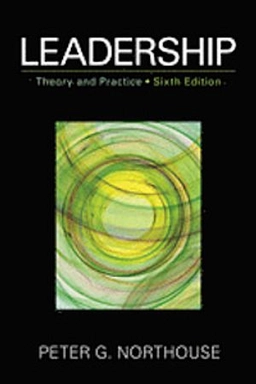

The geography of thought : how Asians and Westerners think differently, and why
- Utgiven: 2003
- ISBN: 9780743255356
- Sidor: 263 st
- Förlag: Free Press
- Format: Häftad
- Språk: Engelska
Om boken
Åtkomstkoder och digitalt tilläggsmaterial garanteras inte med begagnade böcker
Mer om The geography of thought : how Asians and Westerners think differently, and why (2003)
2003 släpptes boken The geography of thought : how Asians and Westerners think differently, and why skriven av Richard E. Nisbett. Den är skriven på engelska och består av 263 sidor. Förlaget bakom boken är Free Press.
Köp boken The geography of thought : how Asians and Westerners think differently, and why på Studentapan och spara uppåt 48% jämfört med lägsta nypris hos bokhandeln.
Referera till The geography of thought : how Asians and Westerners think differently, and why
Harvard
Oxford
APA
Vancouver



















